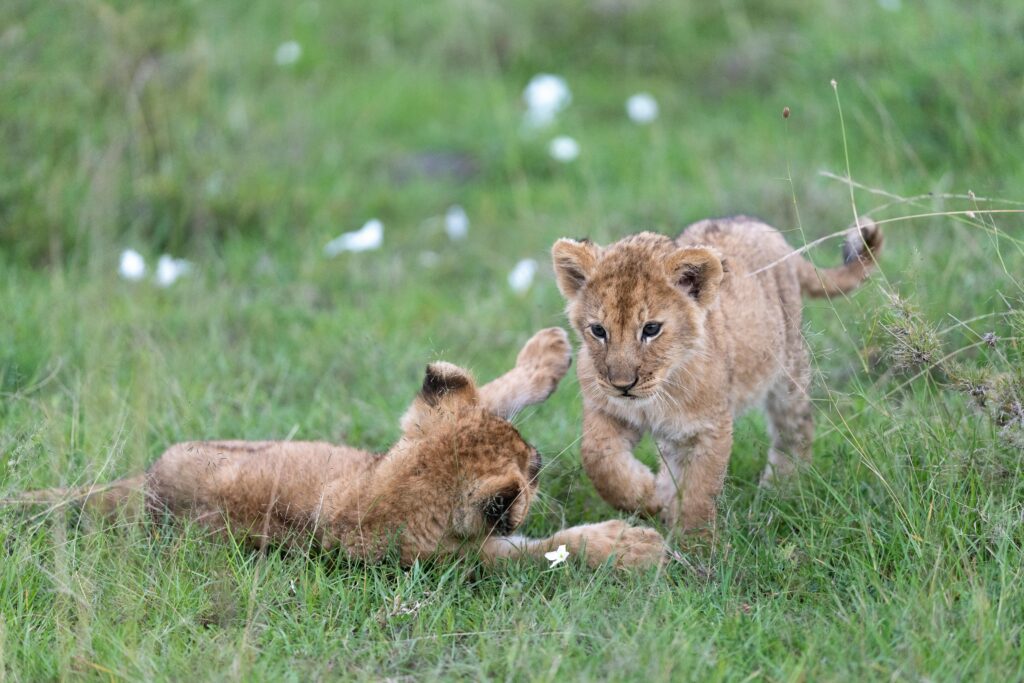In Mozambique’s Gorongosa National Park, significant strides are being made not only in wildlife conservation but also in enhancing the livelihoods of surrounding communities. This remarkable transformation follows a turbulent history marked by decades of conflict, reshaping the landscape both ecologically and socially.
Located in the central region of Mozambique, Gorongosa National Park is emerging as a model of ecological restoration and community engagement. The park, which covers over 4,000 square kilometers, has witnessed a resurgence in its biodiversity, with populations of elephants, lions, and various other species rebounding from the brink of extinction.
In tandem with these ecological improvements, initiatives aimed at empowering local populations have gained momentum. Community members are being actively involved in conservation efforts, benefiting from eco-tourism and sustainable practices that support their economic independence. This dual focus on conservation and community development is central to the park’s management strategy, which seeks to ensure that both wildlife and human populations thrive in harmony.
Efforts to create a self-sustaining ecosystem are well underway, with programs designed to educate the local populace about environmental stewardship and the importance of biodiversity. By fostering a sense of ownership and responsibility towards the park, local residents are not only contributing to its preservation but are also reaping the economic rewards that come from increased tourism.
As Gorongosa National Park continues to evolve, it stands as a testament to the potential for healing and regeneration following conflict. The collaborative approach between conservationists and local communities offers a blueprint for similar initiatives in South Asia and beyond, illustrating how ecological and human welfare can be intertwined for mutual benefit.
The ongoing efforts in Gorongosa not only highlight the resilience of nature but also the capacity of communities to rebuild their lives in partnership with their environment.



